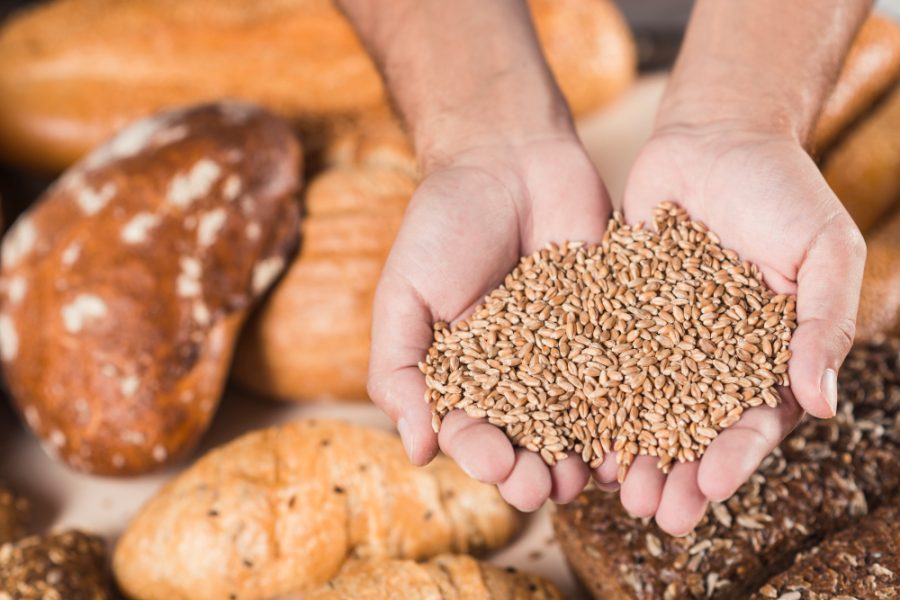
Russia suspends Black Sea grain deal: Know why it’s crucial for global food security

Russia on Monday (July 17) said it was suspending its participation in the Black Sea grain export deal. Unless altered soon, the decision can push many countries into an acute food shortage and jack up global food prices.
The deal was brokered by the United Nations and Turkey in July 2022, months after the Russia-Ukraine conflict began in February that year. The aim was to allow the safe export of Ukrainian foodgrains despite the conflict.
Since then, the deal has been reportedly extended twice. But Russia had imposed certain conditions for its extension, which, it kept saying, were not being met. The deal was due to expire on Monday, and now, Russia has refused to take it forward, seeking its demands to be met first.
Also read: Absurd, says Zelenskyy on NATO dithering about Ukraine’s membership
“The Black Sea agreements ceased to be valid today,” news agency Reuters quoted Kremlin spokesman Dmitry Peskov as saying. “Unfortunately, the part of these Black Sea agreements concerning Russia has not been implemented so far, so its effect is terminated,” Peskov added.
Why the Black Sea grain deal is crucial
Ukraine is one of the world’s biggest exporters of foodgrains, such as wheat and corn, and contributes majorly to UN food programmes.
Russian blockades of Ukrainian ports in the first few months of the war made global wheat prices skyrocket and threatened to push parts of the Middle East and Africa into a famine. Even in Pakistan, wheat prices soared alarmingly.
Finally, on July 22, 2022, the UN and Turkey convinced Russia to agree to the Black Sea Grain Initiative, which would turn out to be a live-saver. Under this deal, cargo ships were allowed to leave and dock at three Ukrainian ports — Odesa, Chornomorsk, and Pivdennyi (Yuzhny) — after checks for weapons.
Also read: Russia: Wagner commanders pledged loyalty to Kremlin 5 days after mutiny
According to UN data, Ukraine has exported 32.8 million tonnes of grains — mostly corn and wheat — and other foodstuff since the deal was struck.
Why Moscow has walked out of the deal
Moscow sees itself as the victim in the whole scheme of things. It has argued that the deal has benefited only Ukraine, while Russia’s sale of its own agricultural products and fertilisers have faced obstacles though there are no direct sanctions by the West.
Even as exports from Ukrainian ports dried up in the run-up to the deal expiry, UN Secretary-General Antonio Guterres assured Russian President Vladimir Putin last week that “hurdles affecting financial transactions” through Russia’s agricultural bank would be removed.
Reuters has reported that the European Union may connect a subsidiary of the Russian Agricultural Bank (Rosselkhozbank) to the Society for Worldwide Interbank Financial Telecommunications (SWIFT), from which it was removed due to the war, to allow grain and fertiliser transactions.
However, Russia has also reportedly sought guarantees facilitating the export of its own grains and fertilizers and the restoration of an ammonia pipeline across Ukraine. “We have repeatedly shown goodwill to extend this deal,” AP quoted Putin as telling reporters on July 13. “Enough is enough.”
Also read: Ukraine invasion has cost Russia 50,000 fighters, says data
Russia has also reportedly claimed that had agreed to the grain deal to ensure global food security, but Ukraine exported its foodgrains mainly to high-and middle-income countries. The UN, while admitting that the allegation was true, has explained that the check on prices has indirectly helped poorer countries.
In this connection, it is important to note that Russia is the world’s largest wheat exporter, with its primary importers being the Middle East, North Africa, and Central Asia. While Ukraine’s market also comprised mostly Asia and North Africa before the war, it has reportedly shifted mainly to Eastern Europe since the crisis, mostly aided by effortless shipment.
(With agency inputs)


